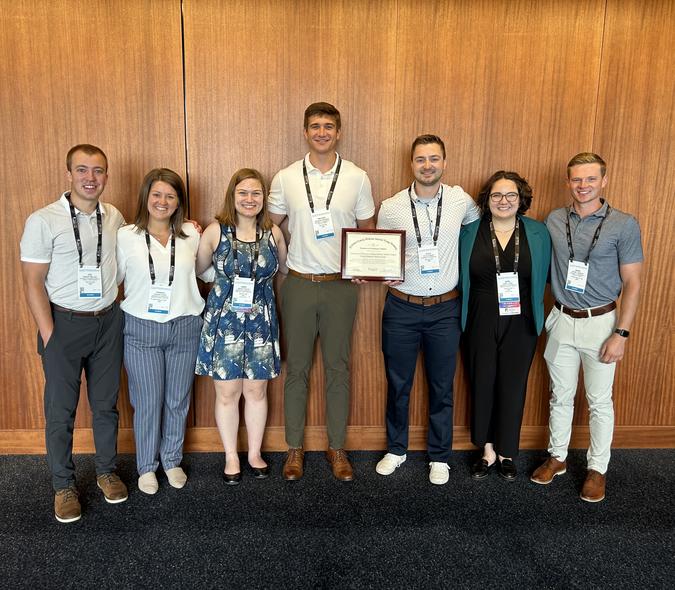
Capturing a Global Perspective: Stress and Resilience in the Face of COVID-19
When the COVID-19 pandemic reached our communities during the start of the new year, our daily routines and plans instantly changed. The novel Coronavirus produced a global health challenge with long-term consequences to our world's health and socioeconomic wellbeing.
Seeking to understand the behavioral mechanisms surrounding the stress of this pandemic and its impacts on addiction and mental health, Mustafa al'Absi, PhD, a professor in the Department of Family Medicine and Biobehavioral Health and principal investigator for the Stress and Resilience Laboratories (SRRL) at the University of Minnesota Medical School, quickly put together an international team to develop a global study survey that would map out the dynamics of how people were adjusting as the pandemic escalated worldwide.
“The pandemic presented a challenge that we could learn a lot from,” Dr. al’Absi said. “It shed light on how ill-prepared our world was in confronting such a crisis. Analyzing how people have adapted will best prepare us to develop specific interventions that can help us all cope better.”
In late March, the SRRL team launched an English version of the study survey, Stress and Resilience in the Face of the Novel Coronavirus, through funded research within the SRRL and leveraging resources obtained through Dr. al’Absi’s grants from the National Institutes of Health. From there, the team worked with their partners around the globe to make the survey available in early April to countries affected by the pandemic. To do this, the survey was translated into eight languages—French, German, Italian, Russian, Spanish, Arabic, Chinese and Bulgarian.
Continue reading here.



